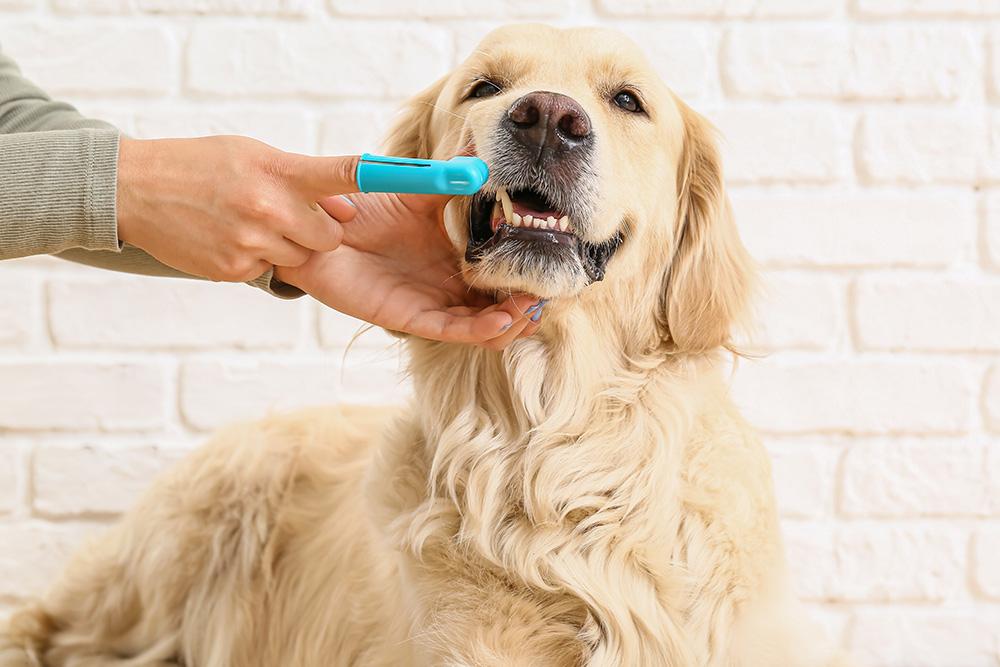As pet owners, we naturally want the best for our pets, including their overall health and well-being. One often overlooked aspect of their care is pet dental care, which plays a vital role in ensuring they lead a long, healthy, and happy life. This article explores how proper dental care can significantly improve your pet’s quality of life, preventing health issues and promoting overall wellness.
Pet Dental Care: Why It’s Essential for Your Pet’s Health
Pet dental care involves regular cleaning and attention to your pet’s teeth and gums, much like how humans maintain their oral hygiene. Good dental hygiene helps prevent painful dental conditions, such as periodontal disease, which can lead to tooth loss and more severe health issues. Neglecting dental health can cause infections that spread to other vital organs, including the heart and kidneys, impacting your pet’s longevity and well-being.
Veterinary professionals recommend regular check-ups to monitor the health of your pet’s teeth and gums, especially since many pets are prone to developing oral diseases as they age. Early intervention and proper care can significantly extend your pet’s life and improve their comfort.
The Connection Between Oral Health and Overall Health
Pet dental health is more than just a cosmetic concern. Poor oral hygiene can affect your pet’s overall health in profound ways. Bacteria from dental diseases can enter the bloodstream and affect other organs, leading to conditions like heart disease and kidney failure. Research has shown that oral health problems in pets can result in systemic health issues that are harder to treat and manage.
In addition to avoiding these serious health concerns, good dental hygiene can also help alleviate common symptoms like bad breath, gum irritation, and difficulty eating. If left untreated, these problems can cause pain and discomfort, which negatively impact your pet’s mood and quality of life.
Preventing Dental Problems with Regular Check-ups and Brushing
A proactive approach to pet dental care involves regular visits to your veterinarian for professional cleanings and check-ups. Most veterinarians recommend annual or bi-annual dental exams to monitor for any developing issues. During these check-ups, your vet will examine your pet’s teeth and gums for signs of infection, decay, or other abnormalities.
In between professional cleanings, daily brushing is one of the most effective ways to maintain your pet’s oral health. Brushing your pet’s teeth removes plaque buildup and helps prevent the development of tartar, which leads to more severe dental issues. Use specially designed pet toothbrushes and toothpaste to ensure the safety and effectiveness of the cleaning process. For pets that are resistant to brushing, there are other options, such as dental chews, treats, and oral rinses, that can assist in maintaining good oral hygiene.
The Benefits of Regular Dental Care for Your Pet
When you prioritize your pet’s dental health, you’ll notice several immediate and long-term benefits that significantly improve their quality of life. These benefits include:
- Pain Relief: Many pets suffer from oral pain due to untreated dental disease. Regular dental care prevents this pain and keeps your pet comfortable, allowing them to enjoy food, play, and interaction without discomfort.
- Better Breath: Bad breath is a common sign of poor oral hygiene. With regular cleaning, your pet’s breath will smell fresher, enhancing their comfort and your ability to interact with them.
- Improved Appetite: Dental problems can make eating painful for your pet, which may lead to a decrease in appetite and weight loss. By preventing and treating dental issues, your pet will be able to enjoy their meals fully and maintain a healthy weight.
- Prevention of Serious Health Issues: Regular dental care helps prevent the spread of bacteria that can cause infections in other parts of the body, protecting vital organs like the heart, liver, and kidneys from damage.
How to Make Pet Dental Care a Part of Your Routine
Incorporating dental care into your pet’s daily routine doesn’t have to be difficult. Start by introducing brushing at a young age so your pet becomes accustomed to the process. If your pet is older and not used to having their teeth cleaned, gradually ease them into the routine with patience and positive reinforcement.
If brushing isn’t feasible, consult your veterinarian for alternative methods of maintaining your pet’s dental health. There are many options available, from specially formulated diets to dental wipes and sprays that can help reduce plaque buildup and maintain oral hygiene.
Conclusion
Pet dental care is an essential part of maintaining your pet’s health and improving their quality of life. By ensuring their teeth and gums are healthy, you can prevent painful conditions, avoid more serious health issues, and keep your pet comfortable and happy. Regular dental check-ups, home care routines, and professional treatments are all crucial in preserving your pet’s oral health and overall well-being. By prioritizing dental care, you can help your pet live a longer, healthier life.

